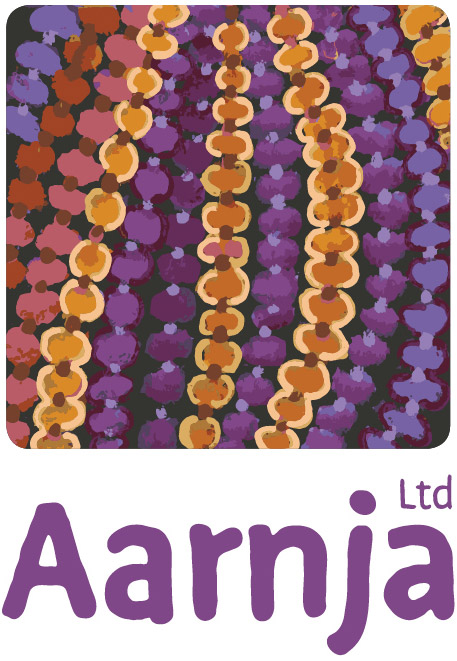On Thursday 7th February, the WA coroner released the findings of an inquest into the tragic deaths of thirteen children and young people in the Kimberley.
Coroner Ros Fogliani determined that twelve of the thirteen deaths were by suicide and found that crushing poverty and inter-generational trauma, not just on an individual but a community level, formed part of the broader circumstances around their deaths.
She found that appropriate intervention or mental health services had no contact with these young children at risk and that in many cases, extended family placements were not fully assessed for suitability, with some of the children at risk of ongoing harm.
This highlighted the fact that some families need support so they can better care for their children.
Coroner Fogliani has made a series of forty-two recommendations, among which, is a call for the principles of self-determination and empowerment to be given emphasis in initiatives, policies and programs relating to Aboriginal people in Western Australia.
Aarnja, as the Kimberley Regional Authority, is charged with regional decision-making and influencing government policy.
Aarnja’s CEO Maureen O’Meara is supportive of the recommendation for Aboriginal self-determination.
She said the issues or challenges we face in any strategy, project or in any campaign are rarely just one-dimensional issues or straightforward.
“We’ve seen millions of dollars thrown at programs in the Kimberley that are ostensibly set up to help our people. But families haven’t been consulted about the effectiveness of these programs on-the-ground—or consulted as to whether to programs are needed at all.”
“This is because funding is not tied to place-based, demonstrated, measurable reduction in suicide and mental health risk factors. We view this as a major issue with service delivery in our region.”
“In response, Aarnja has developed a framework that empowers families to decide on priorities for their regions, and to redesign or reconfigure services to achieve those priorities. Initially, the Family Empowerment Project is being rolled out on the Dampier Peninsula, and we’re working closely on this with the Department of Prime Minister and Cabinet, and the state’s District Leadership Group.”
“Kimberley Aboriginal people are ready to lead solutions, we have been for a long time, since we met at Crocodile Hole 20 years ago. It’s time for Kimberley Aboriginal people to be part of regional decision and policy-making,” Ms O’Meara said.
Ms O’Meara also noted that there is a valid assessment tool for Aboriginal kids at risk, which is the WASC-Y developed by Dr Tracy Westerman.
“If you get the assessment right, then the servicing, treatment and follow through is right. But despite the fact this tool has been around for 20 years, it’s never been implemented in the Kimberley.”
Aarnja supports a number of the other recommendations, including the expansion of the Yiriman Project, consultation with Aboriginal communities, traditional cultural healing and mental health, training in suicide intervention and prevention and a mental health facility in the East Kimberley.
The government must now act swiftly in partnership with Aarnja and the key Kimberley Aboriginal organisations through our Kimberley Aboriginal Regional Authority to implement these recommendations and to ensure that no more of our young people are lost in this way.
Aarnja’s staff and CEO wish to offer their condolences and support to the families of the deceased at this distressing time.
